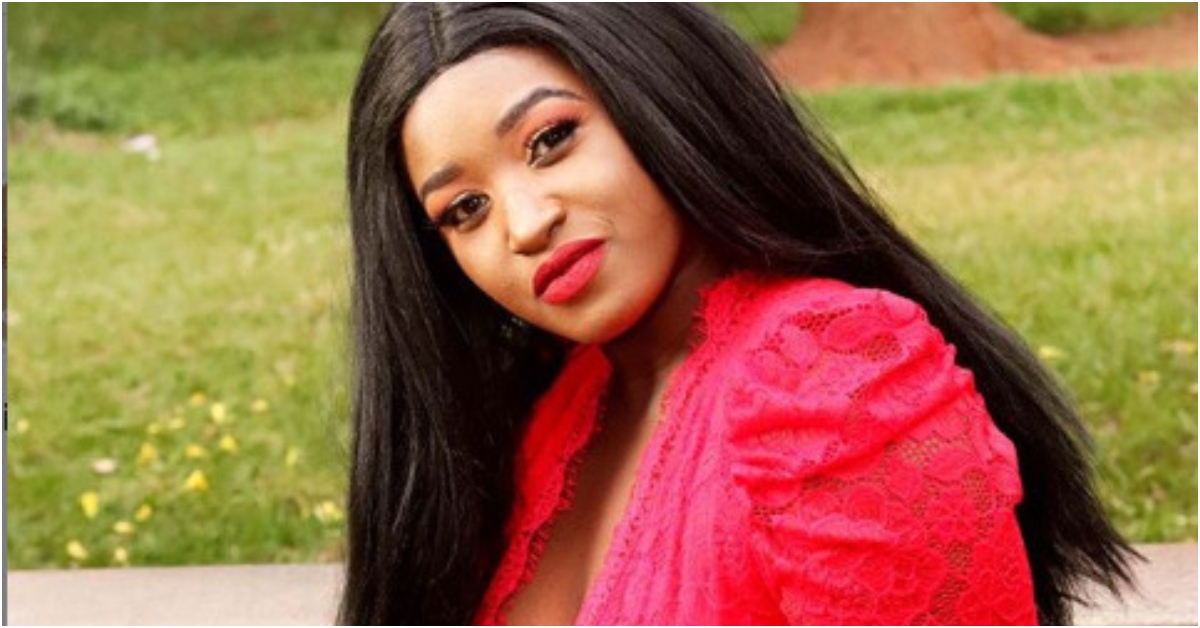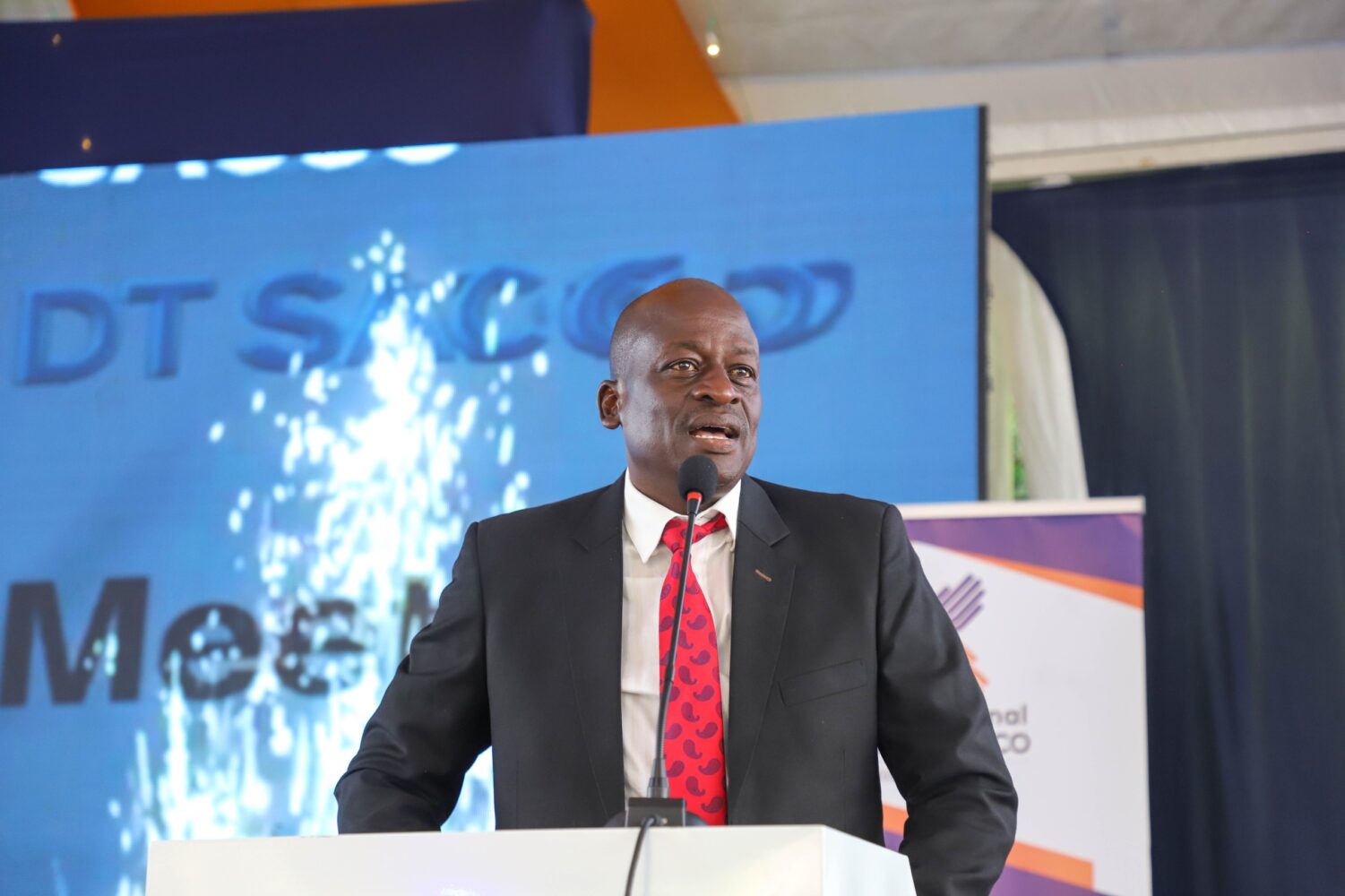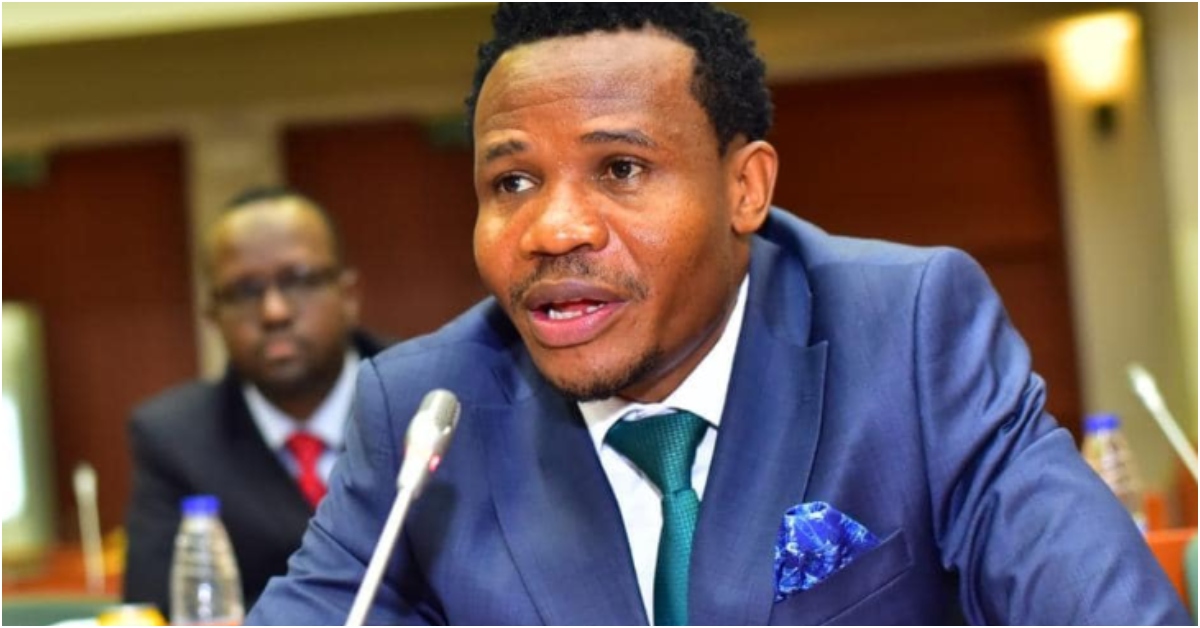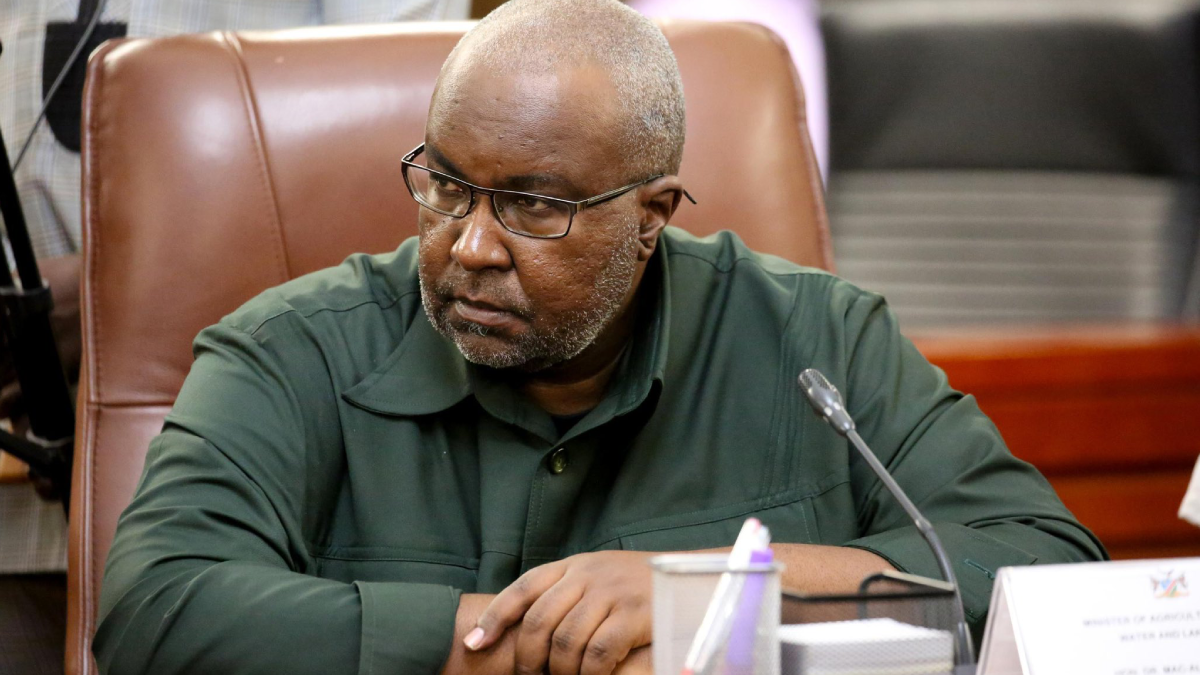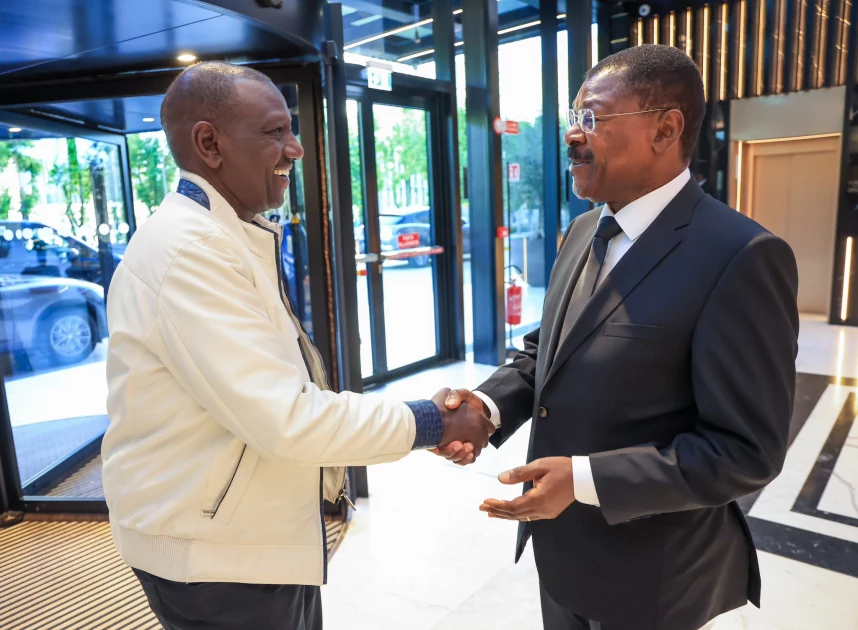Kenyan actress Njambi, widely known and loved for her role in the popular comedy series The Real Househelps of Kawangware, recently took to Instagram to share a deeply personal reflection, one that has since sparked wide-ranging conversations about societal expectations surrounding marriage.
In a candid Instagram story, Njambi expressed her genuine confusion about the intense pressure many people feel to get married. She addressed her followers with vulnerability, saying, “Okay guys don’t crucify, don’t judge me, don’t come for me but there’s something I’ve always wanted to understand.”
She went on to explain that she often hears of people fasting, praying, and desperately hoping to either get married or strengthen their marriages, and she simply wants to understand why marriage holds such a sacred and elevated place in society.
Njambi’s message was not dismissive or mocking. Instead, it was a heartfelt inquiry, layered with respect. “I just want to understand why people idolize marriage so much!!” she wrote. She then posed a profound question: “Is it just me who doesn’t get the essence of being in a marriage? Is it just me who doesn’t see the goodness, the advantage, the pros of being married?”
Her post closed with an apology, as she acknowledged that such a topic could be sensitive. “I don’t really get it… I want to understand it. I’m sorry if I offend anyone,” she concluded, reinforcing that her intentions were purely about seeking clarity and not about belittling anyone’s life choices.
Mixed Reactions from the Public
Njambi’s honesty was met with a flood of responses, showing just how deeply personal and divided the topic of marriage remains.
Many followers praised her bravery for speaking out about an issue that others often think about but are afraid to voice publicly. Supporters said her questions were valid and reflected the growing number of young people who are choosing to define fulfillment on their own terms not just through marriage or societal approval.
“Thank you, Njambi, for saying what many of us feel deep down but fear to admit,” one fan commented.
“Marriage is not everyone’s dream, and that’s okay,” another added.
However, there were also critical voices. Some followers accused her of undermining the importance of family and traditional values. A few even suggested that her views were a sign of personal hurt or bad past experiences, rather than a reflection on marriage itself.
“Marriage is ordained by God. Just because some marriages fail doesn’t mean the institution is bad,” one user argued.
“This is the problem with modern society people don’t want to commit,” another said.
One commenter had a lot to add “Sometimes when people lose hope of getting married, they might start saying bad things about it. They might think they’ll never find someone and get married. They start making married people feel like marriage isn’t so great, even though deep down, they might really want to get married and have a happy family. Most women want to find a good husband and have a family, just like everyone else.”
Interestingly, some people chose a more neutral stance, encouraging Njambi to keep seeking answers and reminding her that marriage, like any major life decision, is deeply personal and different for everyone.
Challenging deeply rooted norms
In many African cultures and indeed in societies across the world marriage is often seen as a significant rite of passage, a milestone that signifies maturity, stability, and success. People, especially women, are sometimes expected to prioritize marriage and family above all else. Njambi’s questions cut straight to the heart of a broader conversation: why is marriage so heavily romanticized and even equated with personal fulfillment?
Her sentiments echo a growing voice among many millennials and Gen Z individuals who are beginning to critically evaluate traditional life paths. Many are questioning if marriage is truly the ultimate measure of happiness or success, or whether personal fulfillment can be found through other avenues like career growth, friendships, self-development, travel, or community involvement.
A brave, necessary dialogue
By speaking openly, Njambi has not only shared her personal doubts but also validated the feelings of countless others who might have felt isolated in their thoughts. Her reflection is particularly brave considering how judgmental online spaces can sometimes be, especially when someone challenges long-standing societal ideals.
In a world where social media often showcases idealized versions of love, weddings, and family life, it’s refreshing and necessary to see public figures like Njambi raising honest questions. Her approach reminds her followers that it’s okay to seek deeper understanding and that choosing a path different from the traditional expectations does not make one’s life any less meaningful.
As more people continue to engage with her thought-provoking post,Njambi has once again proven that real conversations, even the uncomfortable ones, are vital in building a society where every life choice is respected and valued.


